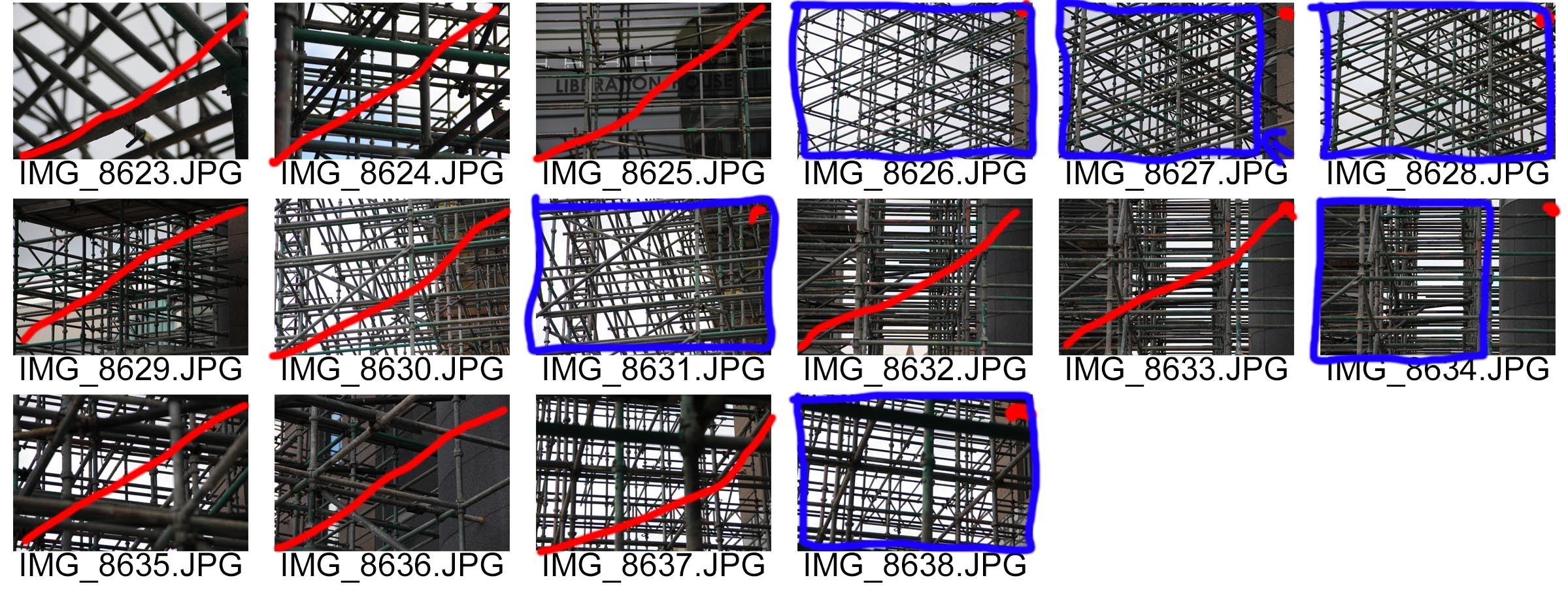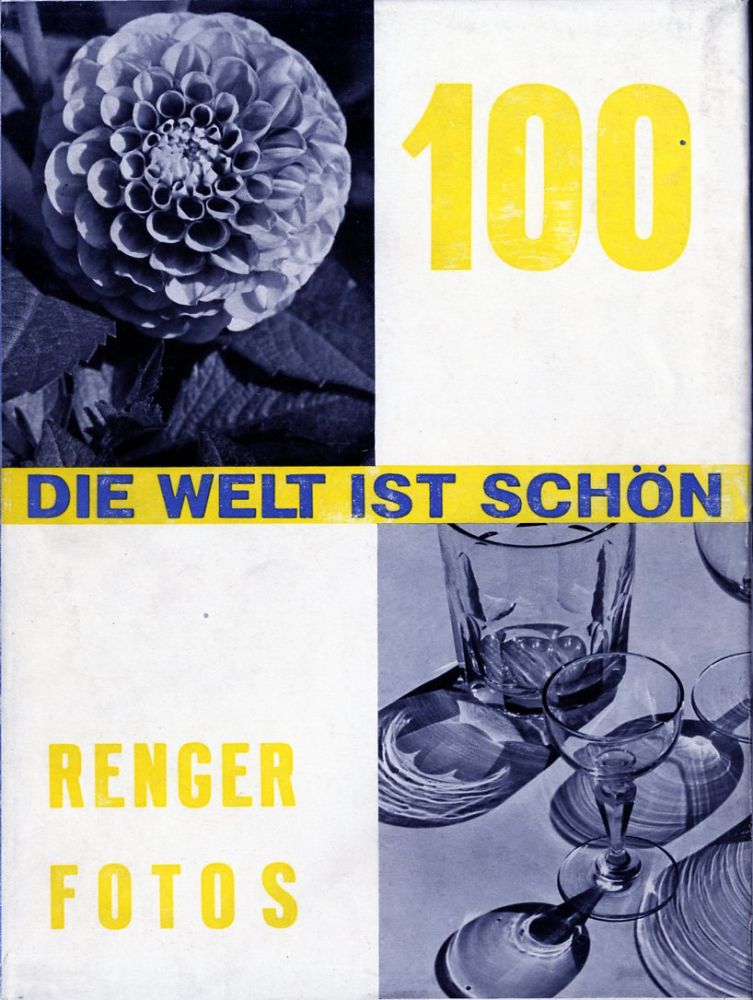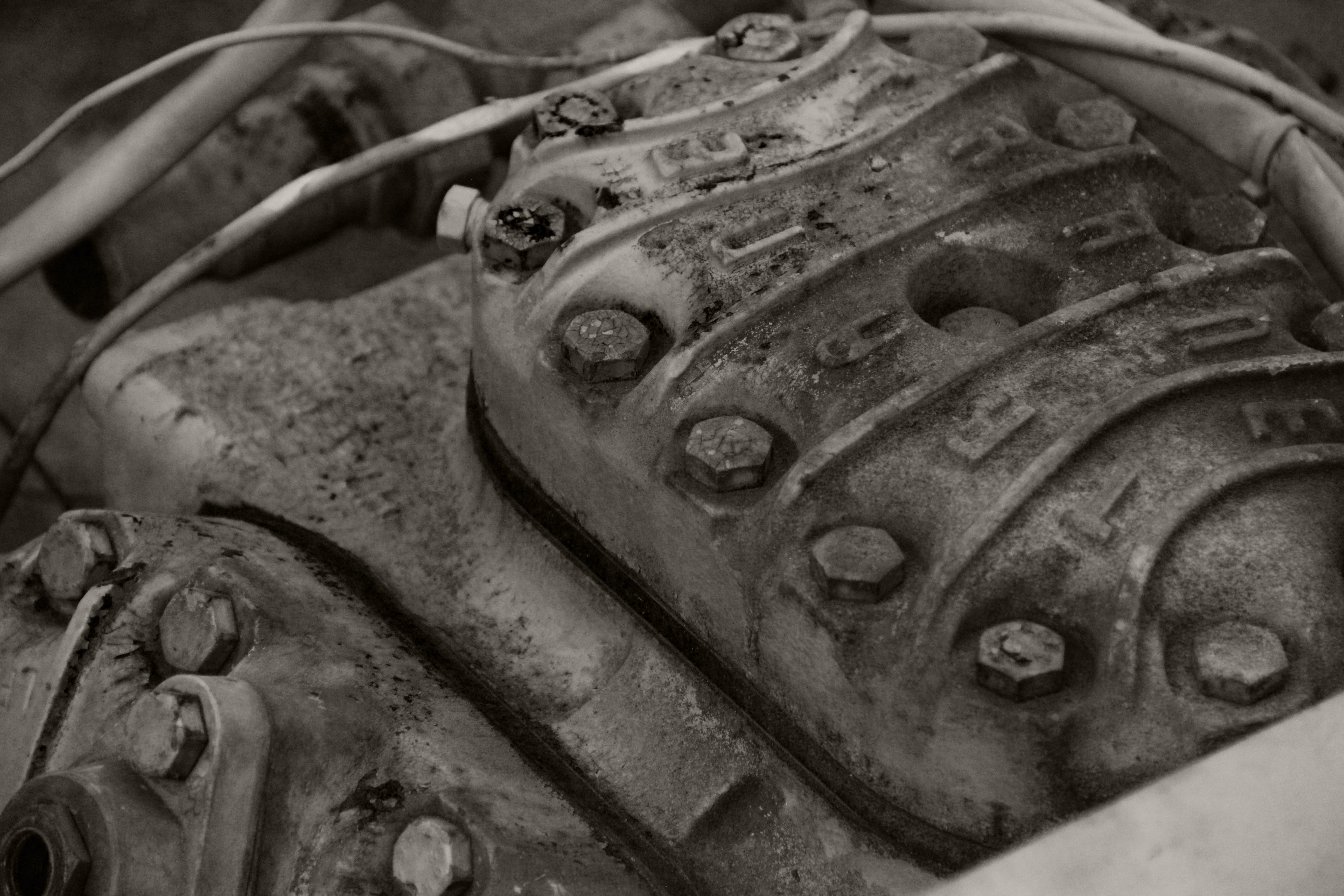Contact Sheet
Red Line – do not use
Red Dot – possible candidate for editing
Red Square with Arrow – Crop
Blue Outline – Select for Editing



Albert Renger-Patzsch

Albert Renger-Patzsch was a German photographer in the 1920s that was key in pioneering the New Objectivity movement. He worked as a press photographer in the early 1920s, then became a freelancer and published his first book (The choir stalls of Cappenberg) in 1925. His first museum exhibition was in 1927. His more well-known book (The World Is Beautiful) was released in 1928.
 Patzsch was known for taking pictures that faithfully recorded his view on the world. This was especially relevant in Germany (where he was working) at the time, as they had just lost the war. He wrote “There must be an increase in the joy one takes in an object, and the photographer should be fully conscious of the splendid fidelity of reproduction made possible by his technique”
Patzsch was known for taking pictures that faithfully recorded his view on the world. This was especially relevant in Germany (where he was working) at the time, as they had just lost the war. He wrote “There must be an increase in the joy one takes in an object, and the photographer should be fully conscious of the splendid fidelity of reproduction made possible by his technique”

In his early work, Patzsch took pictures of wildlife, mechanical equipment and landscapes as well as architecture. His 2nd Book, The World Is Beautiful, was a collection of 100 of his photographs that focused on man-made and natural beauty, ranging from trees and animals to houses and machines. This embodied a new and modern way of looking at the world, and it is because of this distinctly unique style, that he has sculpted modern Photography, and is known for being one of the most influential photographers of the 20th Century.
My Final Photos





For my final photos, i wanted to recreate Patzsch’s industrial photos of machines and other metal objects. To achieve this, i decided to go down to the Victoria Pier area to take photos of the cranes and machinery. i wanted to successfully show a similar viewpoint to Patzsch and i feel as though i have achieved this with work similar to his machine photos.
